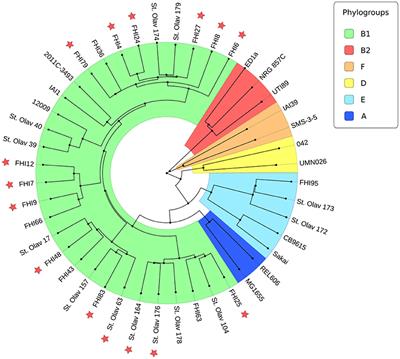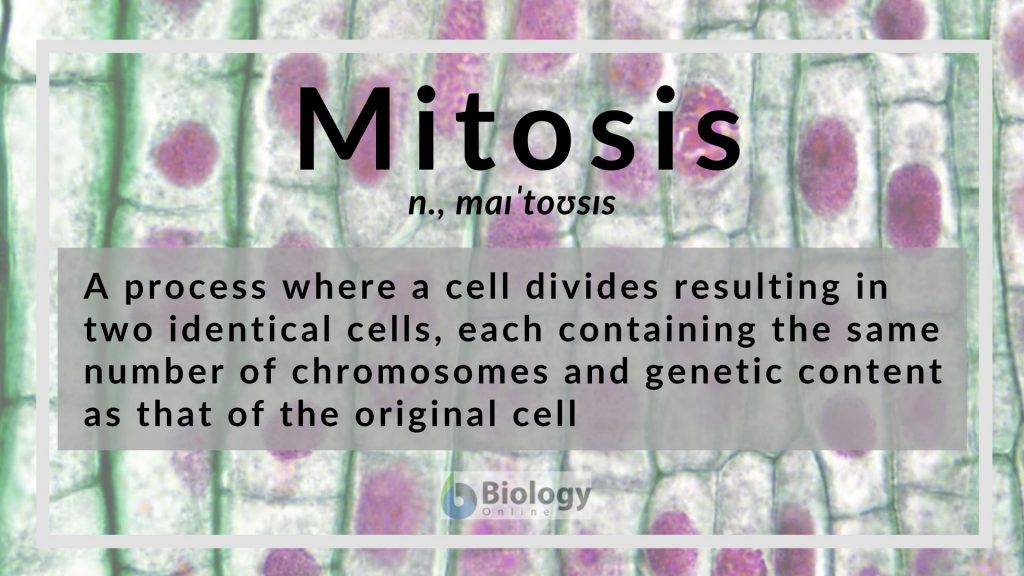

Numerous treatments are in development and coming into use that affect the immune system. Understanding the immune repertoire is important with the advent of precision medicine and immunotherapy, where treatments are being developed that are tailored to an individual for greater efficacy. In the immune repertoire, only lymphocytes that encounter an antigen with the right receptor to bind to it will be activated and proliferate during an immune response, forming a clone of cells with identical antigen receptors. According to natural selection, organisms that are better suited for an environment thrive and produce offspring. Since T-cell and B-cell lymphocytes are constantly monitoring the body for antigens from foreign bodies, they undergo a process similar to natural selection. At any given point in time, a person’s immune repertoire is made up of ~10 8 lymphocytes with different specificities (1).Įach mature lymphocyte differs from the others in the repertoire in its specificity, and it is ‘clonal’. Researchers also refer to the TCR repertoire and BCR repertoire when studying T cells and B cells, respectively.

Immune repertoire refers to all of the unique T-cell receptor (TCR) and B-cell receptor (BCR) genetic rearrangements within the adaptive immune system. Through a mechanism called V(D)J recombination, irreversible somatic DNA recombination of these genetic regions during cellular development results in a mature lymphocyte having a single specificity. This means the adaptive immune system is capable of creating an immunological memory once someone is exposed to an infection, resulting in a more efficient and stronger response to future exposures.Įach unique antigen receptor only recognizes a single antigen and, incredibly, this range of specificity is encoded by a fixed number of gene segments. These lymphocytes have unique antigen receptors acquired through encounters with foreign bodies over a person’s lifetime. The more complex adaptive immune system takes days to respond to an infection and is composed of two major types of lymphocytes called B cells and T cells. The rapid response of your innate immune system also activates the adaptive system, which is the body’s antigen specific response to protect itself. Innate immunity refers to the non-specific defense mechanism that protects the body from a toxin or a foreign object, called an antigen.

Your immune system is comprised of two subsystems that work together, providing both innate and adaptive immunity.


 0 kommentar(er)
0 kommentar(er)
